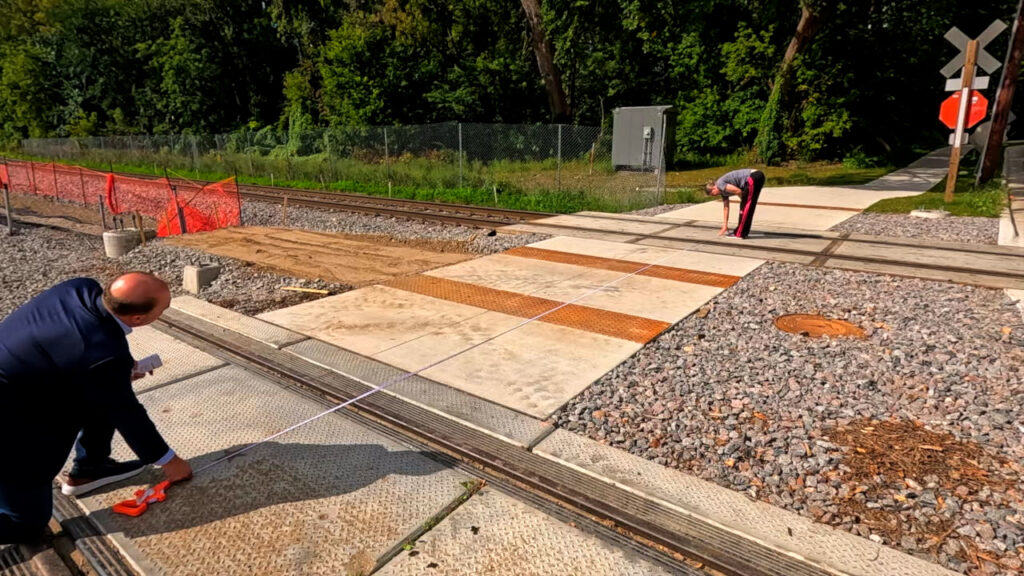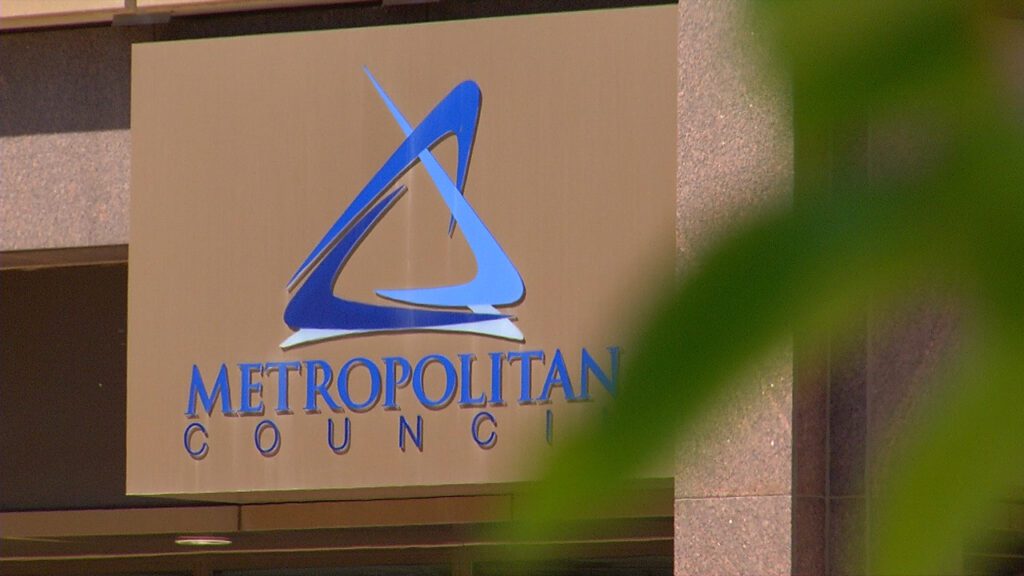Southwest Light Rail measuring mistake cost $141K, records reveal
One day of work to shift a small section of freight tracks along the Southwest Light Rail project corridor in Minneapolis cost more than $140,000, according to a pair of change orders approved by the Metropolitan Council and its contractor.
The extra work was required after 5 INVESTIGATES first exposed that crews laid new light rail tracks about a foot too close to the existing freight tracks at W. 21st Street.
Earlier this year, Marion Collins raised concerns that the construction just steps from her home was not following the project’s design plans, which required the two sets of tracks to be at least 25 feet apart.
Metro Transit later admitted her hunch and her measurements were right.
“I didn’t do it for any sort of attention,” Collins said. “What I wanted to bring attention to is that they keep saying that they’re making this rail safe, but they’re skirting around the safety measures.”

$2.86 Billion
Collins returned to the crossing with her tape measure this month and confirmed the light rail and freight rail tracks are now a little more than 25 feet apart.
After 5 INVESTIGATES’ report raised questions in March, project director Jim Alexander assured Met Council members that the mistake would not impact the overall price of the Southwest Light Rail project, also known as the Green Line Extension, which was already plagued by cost overruns and delays.
The project is currently estimated to cost $2.86 billion.
“I don’t see this as a big issue with the estimate,” Alexander said in March. “We’re still at 2.86. I don’t see this being affected however this rolls out.”
But the fix still comes at a cost.
Crews returned to W. 21st Street in Minneapolis in June to tear up the crossing and shifted about 655 feet of the freight tracks slightly to the north.
That work cost $141,681.03, according to two change orders obtained by 5 INVESTIGATES through a request under the Minnesota Government Data Practices Act.
“Everybody knows if you’re doing extra work, it costs extra money,” Collins said. “We all have home improvements and no contractor is going to come to my house and fix something for free.”
The cost to fix the measuring mistake included an additional $7,200 to cover workers’ overtime because Metro Transit scheduled the job on a Sunday.

Met Council response
The Met Council declined an interview request but says the change orders do not impact the overall budget for Southwest Light Rail because the money is covered by a contingency fund that had about $123 million as of last month.
“It’s standard practice for all major infrastructure projects to track unexpected issues and determine final accountability and accounting once the job is complete,” the Met Council said in a statement.
Accountability has been lacking for Southwest Light Rail, according to Collins and a chorus of others who have been questioning the decisions of project managers for more than a decade.
“I do think that it is a symptom of a larger problem,” Collins said. “A disregard for people, place, environment.”
She says she remains concerned about the safety of her neighborhood when new light rail trains begin sharing the same corridor as freight trains carrying hazardous materials.
“I do think that it is a symptom of a larger problem. A disregard for people, place, environment.”
-Minneapolis resident Marion Collins
Metro Transit says safety remains a top priority, but Collins says she will continue holding the agency to its word.
“If you’re going to put a line in here, people are watching you,” Collins said. “You need to make sure that this is done properly and as safely as possible.”
Service on the Green Line Extension is expected to start in 2027.